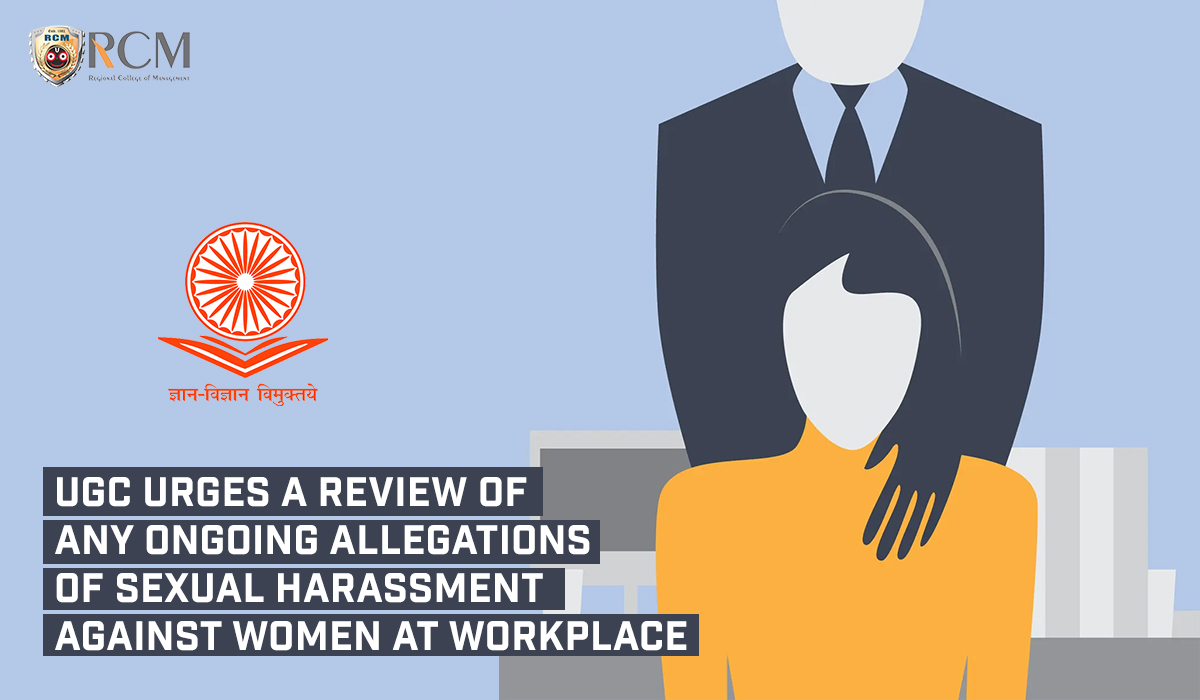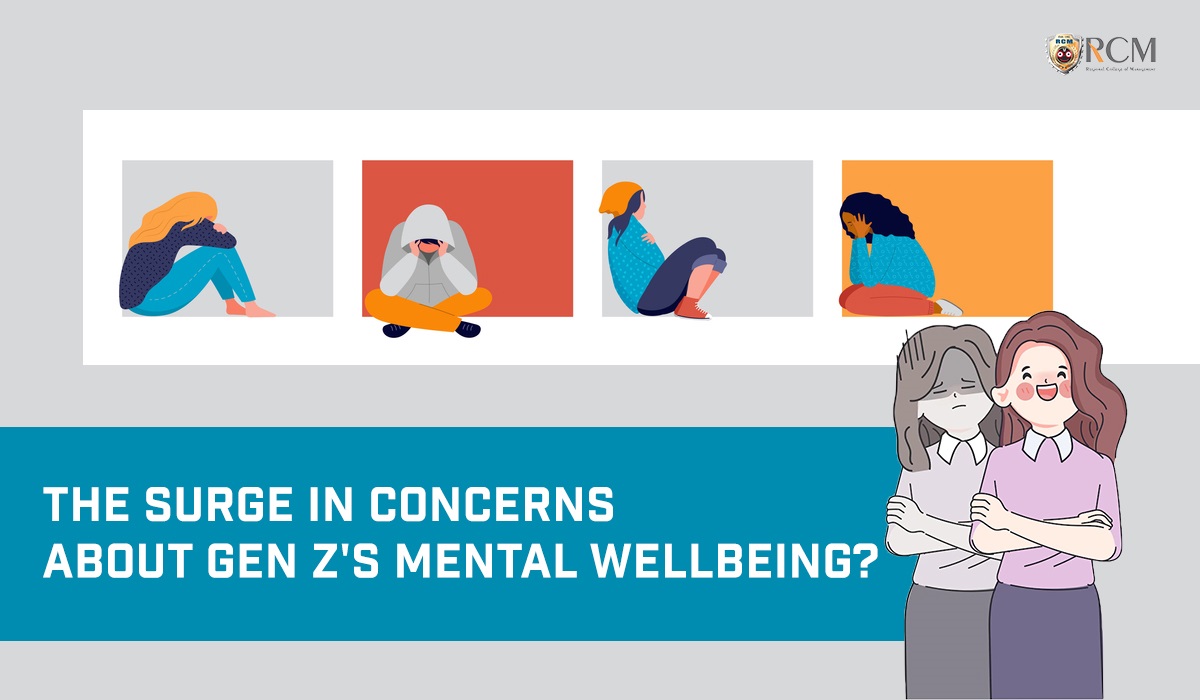
UGC Urges A Review of Any Ongoing Allegations of Sexual Harassment Against Women at The Workplace
The Ministry has requested to observe discrimination against women pakhwada from November
Home > Archives for November 28, 2022

The Ministry has requested to observe discrimination against women pakhwada from November

Mental Health And Wellbeing: Mental health and related issues are of great
